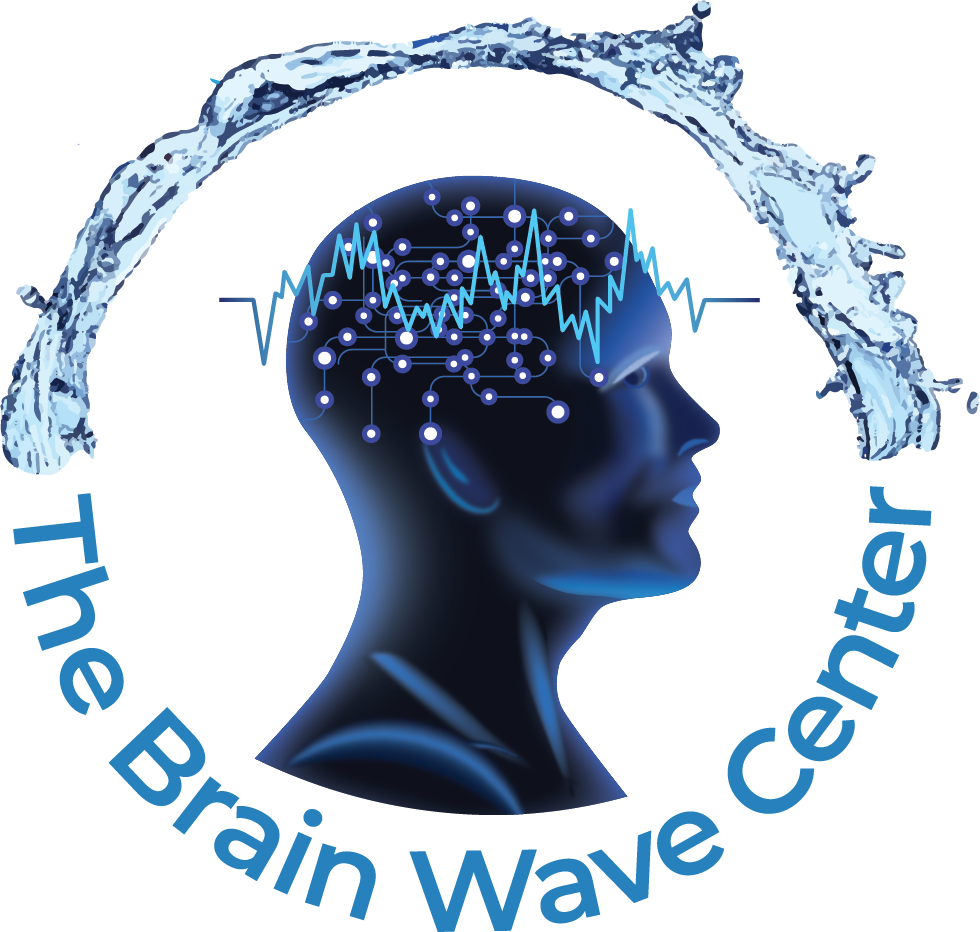Neurofeedback (NF) is a training to enhance self-regulatory capacity over brain activity patterns and consequently over brain mental states. Recent findings suggest that NF is a promising alternative for the treatment of attention-deficit/hyperactivity disorder (ADHD). We comprehensively reviewed literature searching for studies on the effectiveness and specificity of NF for the treatment of ADHD. In addition, clinically informative evidence-based data are discussed. We found 3 systematic review on the use of NF for ADHD and 6 randomized controlled trials that have not been included in these reviews. Most nonrandomized controlled trials found positive results with medium-to-large effect sizes, but the evidence for effectiveness are less robust when only randomized controlled studies are considered. The direct comparison of NF and sham-NF in 3 published studies have found no group differences, nevertheless methodological caveats, such as the quality of the training protocol used, sample size, and sample selection may have contributed to the negative results. Further data on specificity comes from electrophysiological studies reporting that NF effectively changes brain activity patterns. No safety issues have emerged from clinical trials and NF seems to be well tolerated and accepted. Follow-up studies support long-term effects of NF. Currently there is no available data to guide clinicians on the predictors of response to NF and on optimal treatment protocol. In conclusion, NF is a valid option for the treatment for ADHD, but further evidence is required to guide its use.
